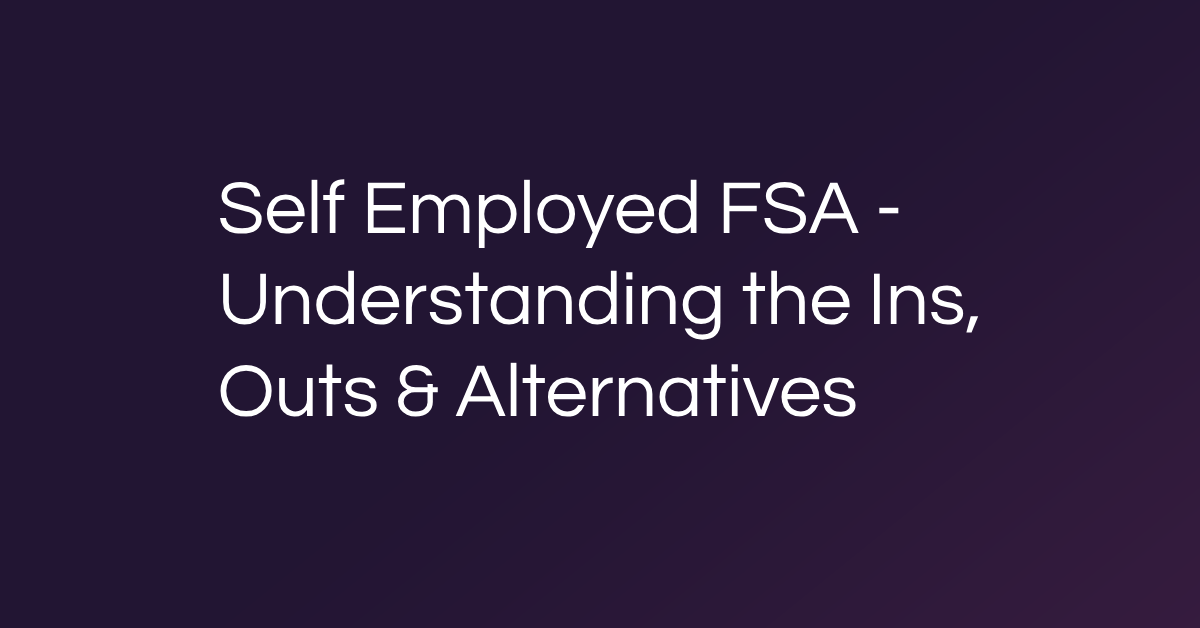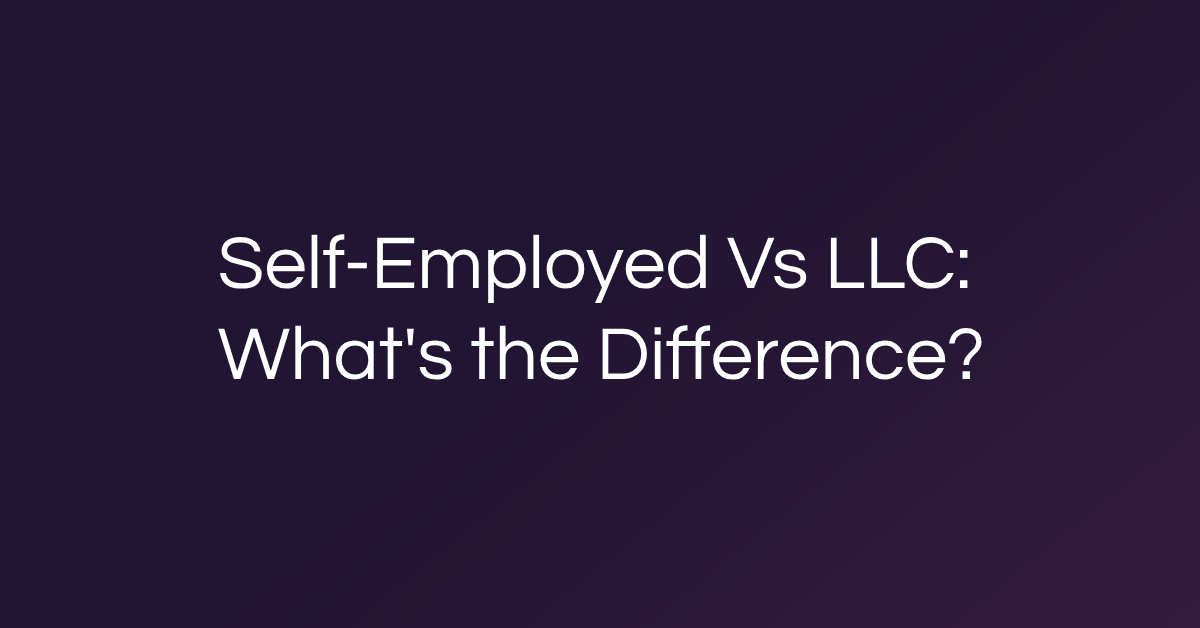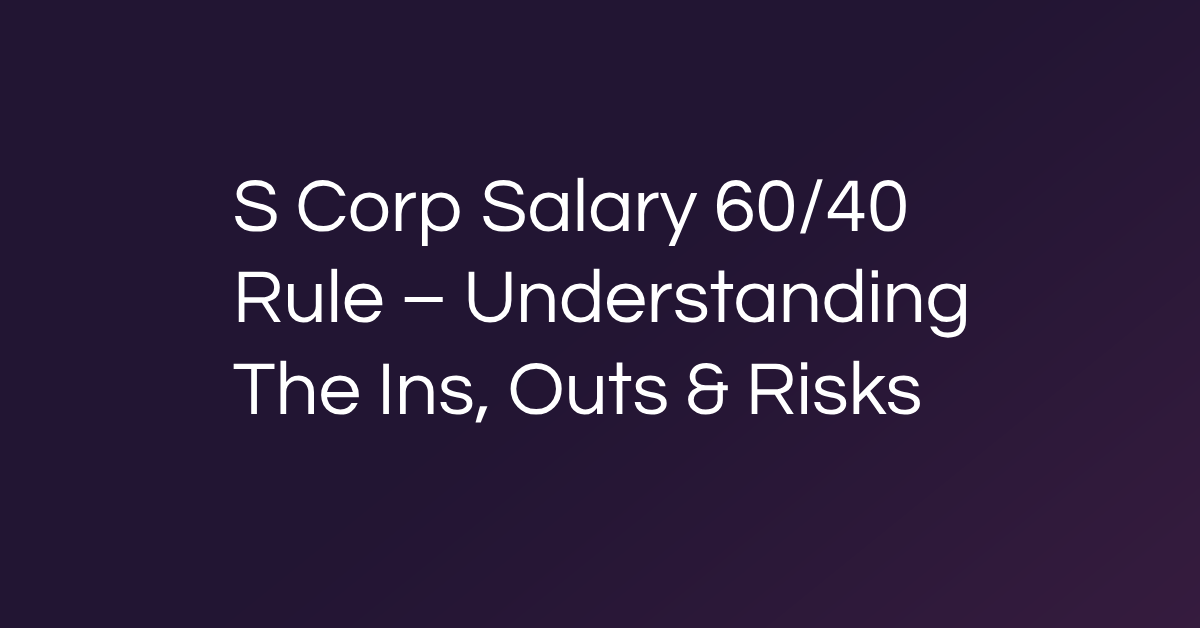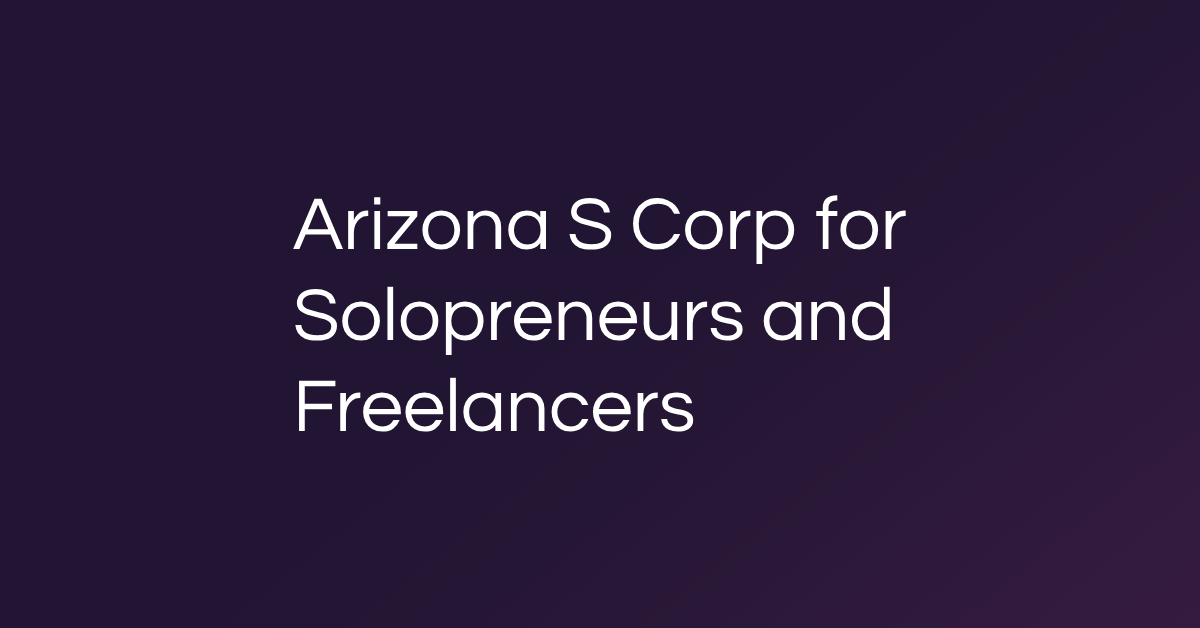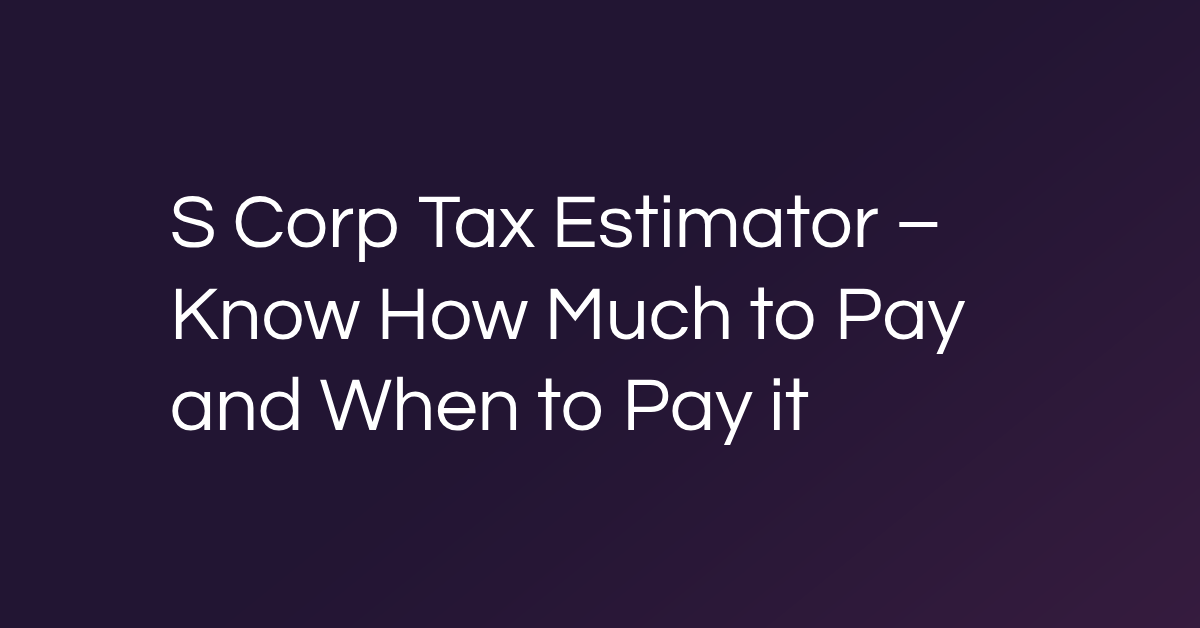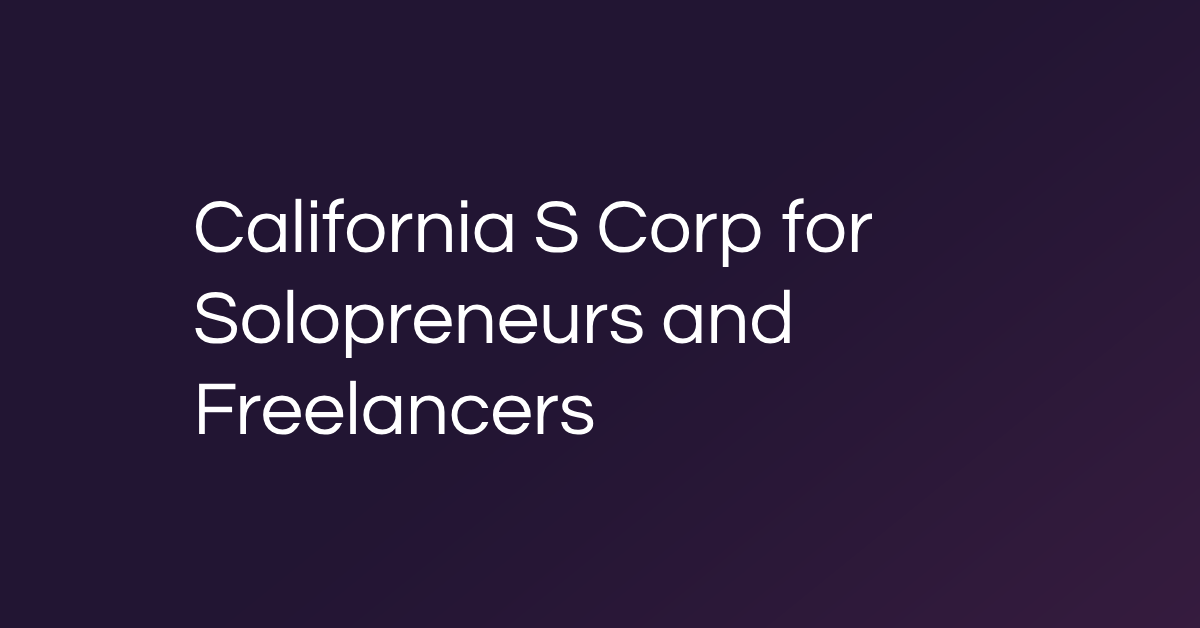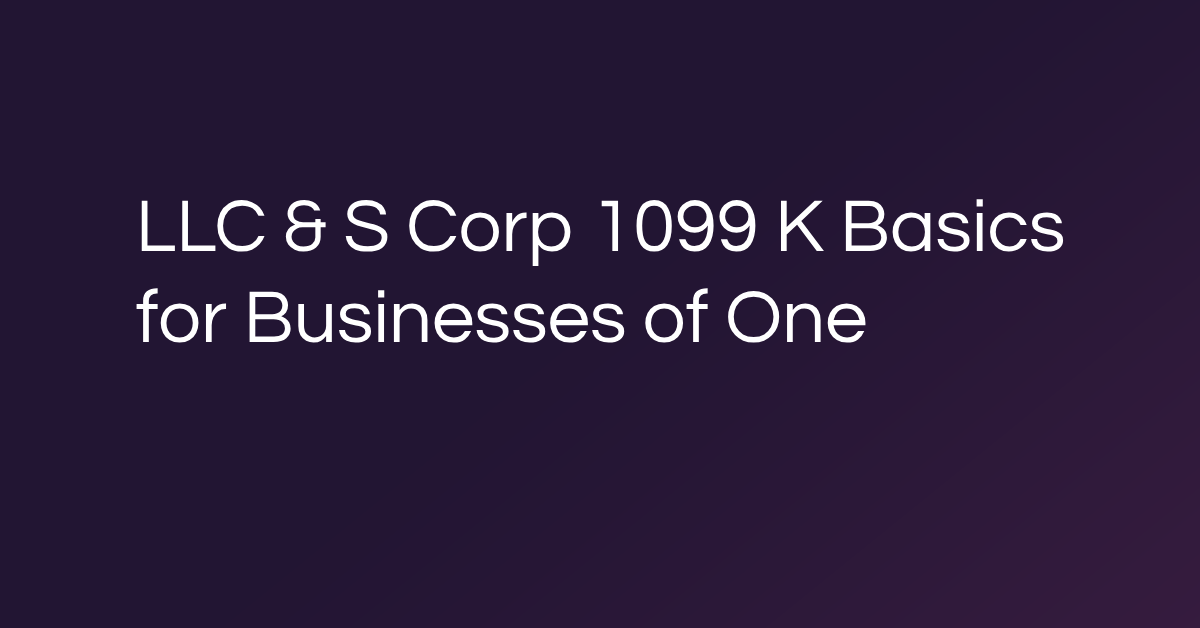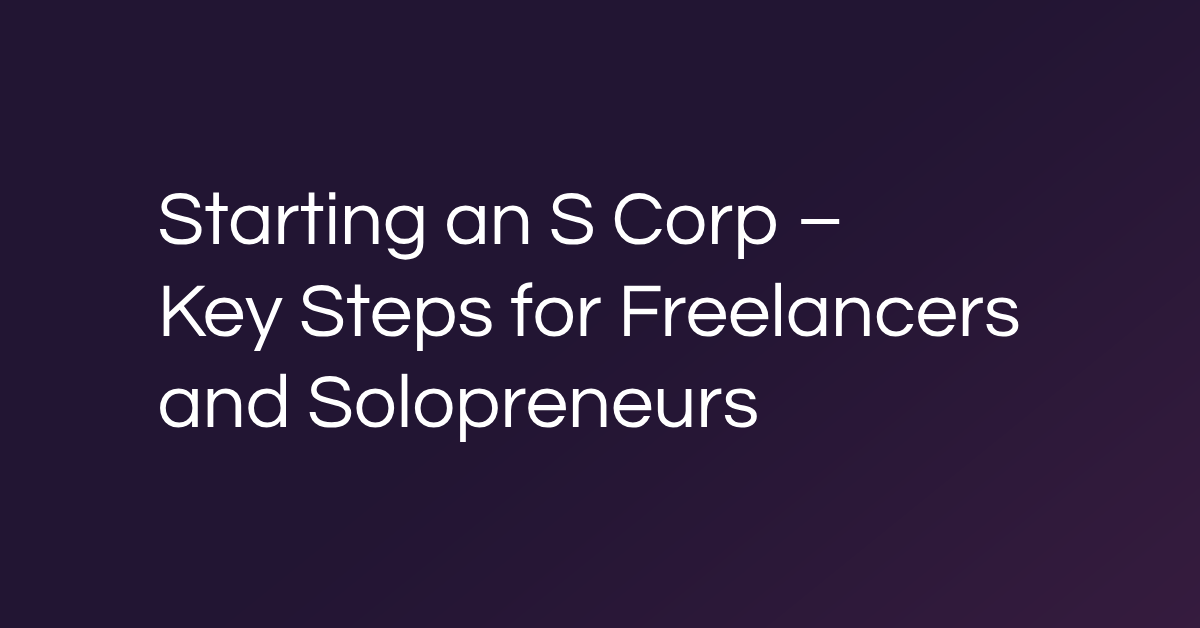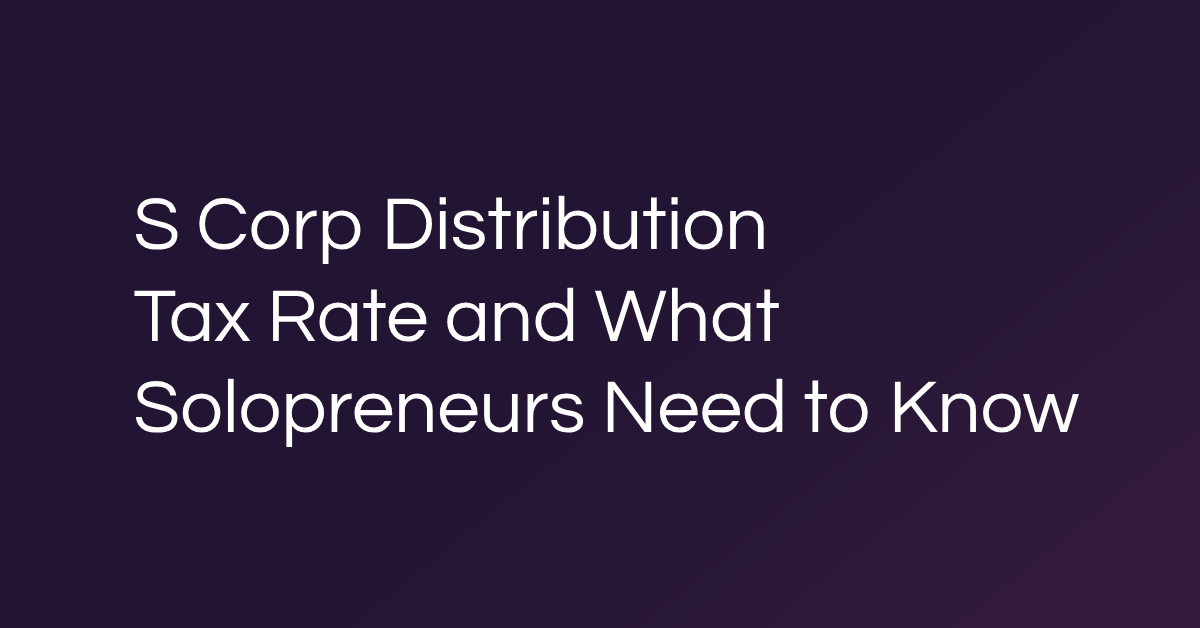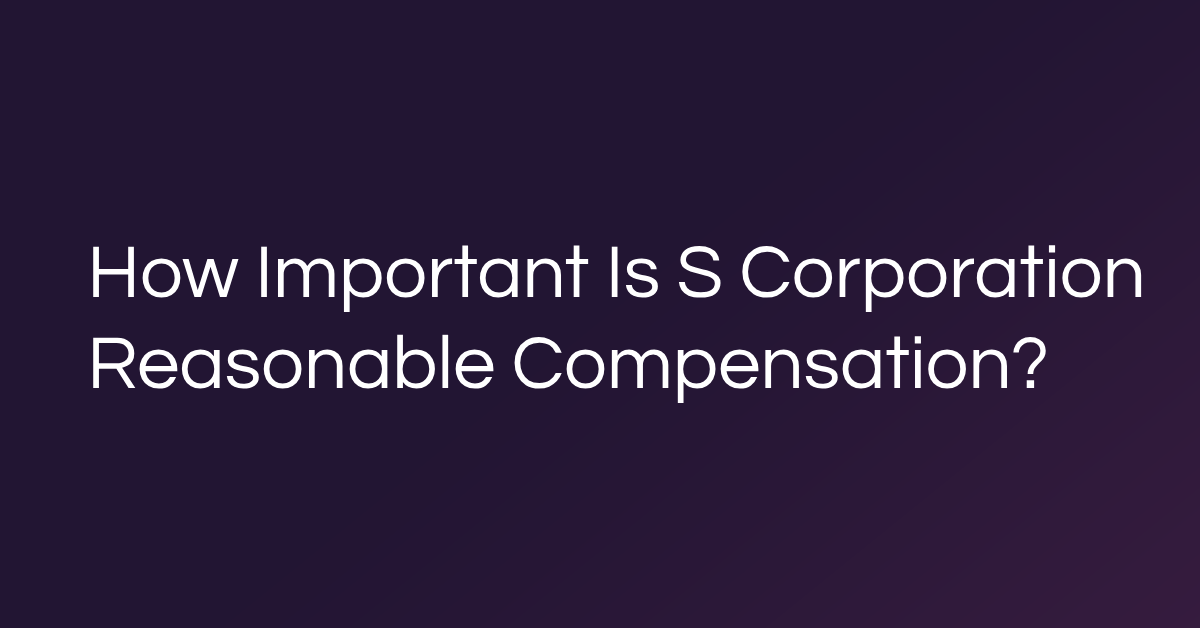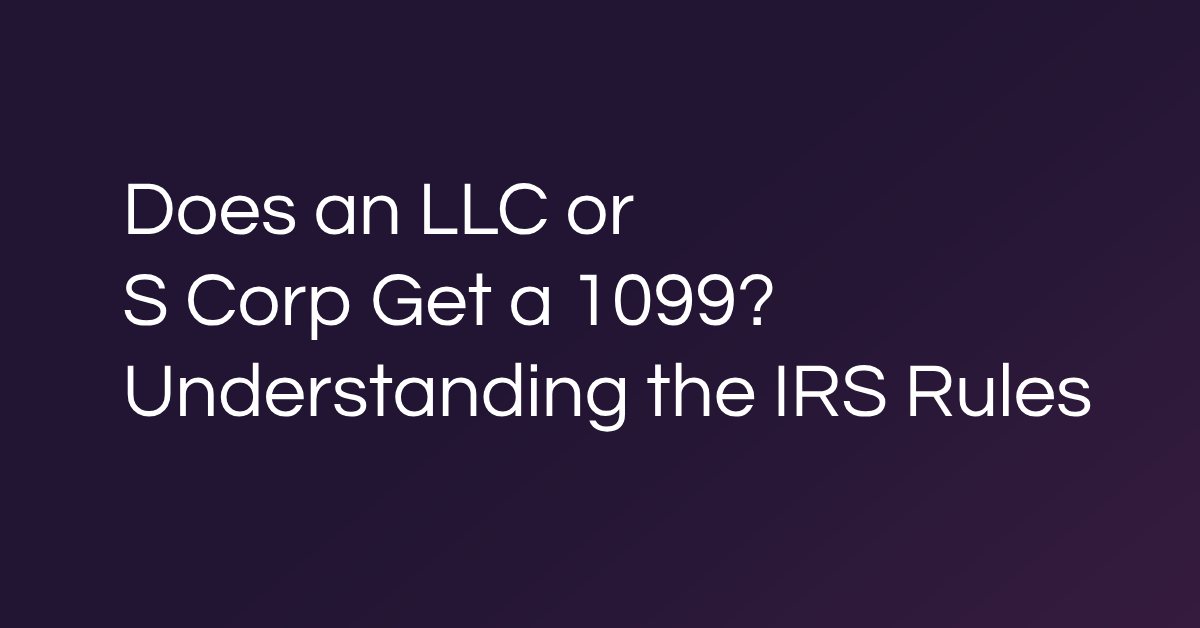You’ve picked up some freelance gigs or started full-time consulting. Can you still open an FSA to save on healthcare expenses? For most self-employed professionals, the answer is no, and that can be frustrating if you are used to traditional employer benefits.
A self-employed FSA may sound like a smart move, but the reality is that employers set up and fund FSAs through formal payroll systems. That doesn’t mean you are stuck paying out-of-pocket—you just need the right tools for your situation.
If you are exploring self-employment or building a solo business, understanding how FSAs work—and what better alternatives are available—can help you make smarter financial decisions and keep more of what you earn.
What’s an FSA, and how does it work?
Flexible Spending Accounts (FSAs) help employees manage healthcare costs with tax advantages, but employers control and administer them through workplace benefit systems.
How FSAs help employees lower healthcare costs
An FSA is a pre-tax account used to cover qualified medical expenses. These plans reduce taxable income by allowing workers to allocate part of their paycheck to a health-specific spending account. FSAs can be used for copays, prescriptions, medical devices, and more, helping employees stretch healthcare dollars.
Why FSAs are tied to traditional employers
FSAs require an employer to sponsor and administer the plan. Contributions typically come from payroll deductions, and the employer manages the setup and compliance. That’s why FSAs are commonly part of a standard W-2 benefits package—not something freelancers can set up independently.
What happens if you don’t use your FSA funds
FSAs follow a use-it-or-lose-it rule. You forfeit the remaining balance if you don’t spend the funds within the plan year. Some employers may offer one of two limited exceptions:
- A rollover allowance of up to $640
- A grace period of 2.5 months into the next year
Beyond those exceptions, unused funds disappear, making timing and tracking essential.
Why most self-employed professionals aren’t eligible
A self-employed FSA sounds appealing, but most solos find out the hard way that they do not qualify.
FSAs require employer sponsorship
These accounts exist as part of a broader benefits package. Employers set them up and fund them through pre-tax payroll contributions, which makes them inaccessible to those without W-2 compensation.
Why solos with no payroll don’t qualify
If you’re running a business without employees or a formal payroll system, you can’t sponsor an FSA for yourself. The IRS doesn’t recognize self-contributions to an FSA the way it does for certain retirement plans or HSAs.
Even S Corps usually don’t meet the rules
Even if you’ve formed an S Corporation, you likely still don’t qualify. The IRS treats S Corp shareholders who own more than 2% of the company as self-employed, disqualifying them from participating in an FSA—even if they are on payroll.
Smart alternatives to FSAs
Depending on your business structure and health coverage, you can unlock other tax-advantaged ways to manage medical expenses.
Health savings accounts (HSAs)
An HSA is one of the most powerful tools available to solos. If you have a high-deductible health plan (HDHP), you can open an HSA and get:
- Pre-tax contributions that reduce your taxable income
- Tax-free growth through interest or investments
- Tax-free withdrawals for qualified medical expenses
For 2024, the contribution limit is $4,150 for individuals and $8,300 for families, with an additional $1,000 catch-up if you are 55 or older. HSAs roll over year to year, making them a strong option for long-term planning.
Besolo’s benefits platform helps self-employed professionals choose HDHPs that qualify for HSA contributions while keeping costs manageable.
Health reimbursement arrangements (HRAs)
While most self-employed individuals can’t use traditional HRAs, Qualified Small Employer HRAs (QSEHRAs) and Individual Coverage HRAs (ICHRAs) may work in some instances:
- If you have employees, you can reimburse their premiums tax-free.
- If your spouse works in your business and you cover them as an employee, they may qualify, giving your household access.
HRAs are more restrictive but can still fit in the proper setup.
Tracking and reimbursement tools
Even without a formal plan, meticulous recordkeeping can unlock significant tax savings. Qualified medical expenses are deductible when they exceed a portion of your income, and the more organized your receipts, the better.
Besolo’s admin dashboard automates expense categorization, receipt storage, and deduction tracking—so you stay audit-ready with less effort.
Tips for managing health expenses without an FSA
Not eligible for an FSA? You can still control healthcare costs with the right systems. A mix of planning, recordkeeping, and tax-smart strategies helps solo professionals stay financially prepared.
- Use budgeting tools to forecast medical costs: Estimate prescription expenses, preventative care, and out-of-pocket procedures. Apps like YNAB and Mint—or Besolo’s expense planning tools—help map out your cash flow and identify savings opportunities ahead of time.
- Maximize deductions with good recordkeeping: Track all receipts, mileage to medical appointments, and unreimbursed bills. You can deduct qualified medical expenses that exceed a percentage of your adjusted gross income. The IRS outlines instructions for deducting unreimbursed costs on Schedule A.
- Get expert support from a tax pro or Besolo: Health-related tax strategy gets complicated fast. A professional can help you assess your options and structure things correctly. Besolo built tax tools for solopreneurs to simplify filings, automate compliance, and make the most of every deduction.
Going solo doesn’t mean going without
You don’t need an employer-sponsored FSA to manage your health expenses wisely. While most self-employed professionals aren’t eligible for traditional FSAs, smarter tools exist. From HSAs and HRAs to automated deduction tracking, the proper setup helps you protect your health and lower your tax burden.
Besolo makes this easy. Our platform combines benefits planning, tax strategy, and admin tools into one streamlined experience—built specifically for solopreneurs like you.
Whether freelancing part-time or running a full-time solo business, your health plan should work for you. Join Besolo today and build a system that keeps your finances and well-being in sync.

